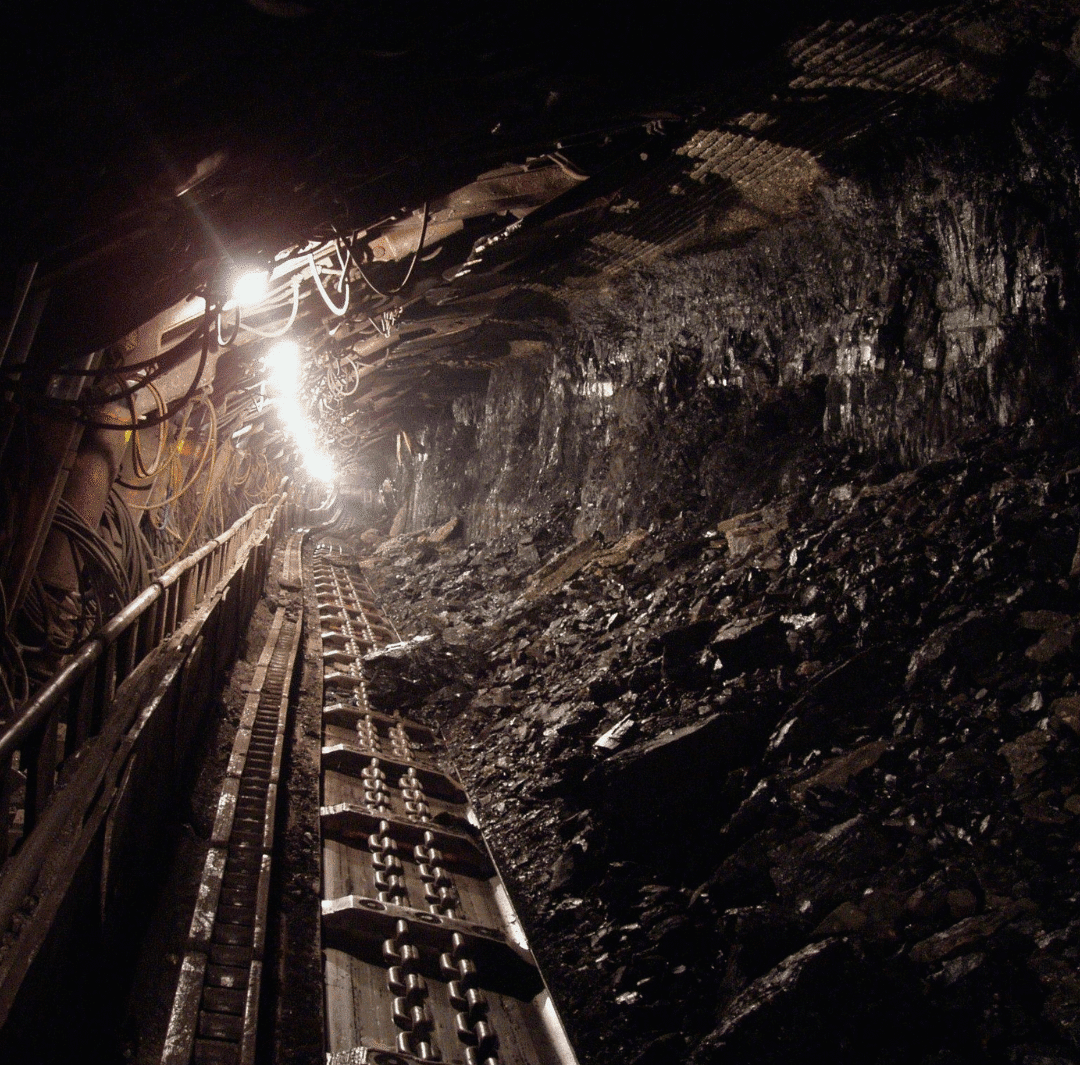India’s Quest for Mineral Sovereignty: Powering Economic and Strategic Ascendancy
New Delhi, August 4, 2025 – In a bold push to secure its economic and strategic future, India is intensifying efforts to establish itself as a global leader in critical minerals, vital for powering its clean energy revolution and high-tech industries. The launch of the National Critical Minerals Mission (NCMM) this week marks a pivotal step toward reducing India’s reliance on foreign supplies of lithium, cobalt, and rare earth elements, positioning the nation as a key player in the global supply chain.
A Strategic Imperative
Critical minerals, essential for electric vehicle (EV) batteries, solar panels, wind turbines, and defense technologies, are at the heart of India’s ambition to achieve net-zero emissions by 2070. With global demand for these resources projected to triple by 2030, India faces stiff competition from China, Australia, and other mineral-rich nations. The NCMM, unveiled by Union Minister for Mines, Rajesh Khanna, aims to address this challenge through a multi-pronged strategy combining domestic exploration, international partnerships, and technological innovation.
“India’s mineral sovereignty is non-negotiable,” said Minister Khanna at the mission’s launch in New Delhi. “By securing our critical mineral supply chain, we are not only fueling economic growth but also strengthening our strategic autonomy.”
Key Components of the NCMM
The National Critical Minerals Mission outlines a comprehensive roadmap:
- Domestic Exploration and Mining: The mission prioritizes the exploration of untapped mineral reserves in states like Rajasthan, Jharkhand, and Andhra Pradesh. Advanced geophysical surveys and AI-driven geological mapping will identify deposits of lithium, cobalt, and rare earths. The government has allocated ₹10,000 crore ($1.2 billion) for 2025-30 to fast-track mining projects, with a focus on sustainable practices.
- International Alliances: India is forging strategic partnerships with mineral-rich nations like Australia, Chile, and Mongolia. A landmark agreement with Australia, signed last month, grants Indian companies access to lithium and cobalt reserves in exchange for technology transfers. The mission also explores joint ventures in Africa’s mineral belt to secure long-term supplies.
- Recycling and Innovation: To reduce import dependency, the NCMM promotes a circular economy for critical minerals. A state-of-the-art recycling facility in Hyderabad will recover lithium and cobalt from used EV batteries, with a target of meeting 15% of domestic demand by 2030. Additionally, research hubs in Bengaluru and Pune are developing alternative materials to reduce reliance on scarce minerals.
Economic and Strategic Impact
The mission is expected to catalyze India’s $1 trillion clean energy market by 2035, creating over 500,000 jobs in mining, manufacturing, and R&D. It also strengthens India’s position in global trade, reducing vulnerabilities to supply chain disruptions, as seen during the 2024 cobalt price surge. Strategically, securing critical minerals enhances India’s defense capabilities, supporting the production of advanced radar systems and drones under the “Make in India” initiative.
“The NCMM is a game-changer,” said Dr. Anjali Rao, an economist at the Institute of Strategic Studies. “It aligns with India’s Swadeshi vision while positioning us as a global supplier of critical minerals, rivaling China’s dominance.”
Challenges and Opportunities
Despite its ambition, the mission faces hurdles. Environmental concerns over mining in ecologically sensitive areas have sparked protests in Jharkhand, prompting the government to pledge stricter regulations and community engagement. Additionally, India’s processing infrastructure lags behind global leaders, necessitating significant investments in refining technologies.
On the opportunity front, the NCMM is fostering public-private partnerships, with companies like Tata Minerals and Reliance Green Tech leading investments in mining and recycling. The mission also aligns with India’s broader economic goals, including boosting exports of EV components and renewable energy equipment.
A Global Vision
As India ramps up its critical minerals strategy, it is also advocating for a fair global trade framework. At the G20 Summit in 2025, India proposed a “Critical Minerals Alliance” to ensure equitable access for developing nations, a move that could reshape global supply chains.
With the NCMM, India is not just racing to secure critical minerals but laying the foundation for a self-reliant, sustainable future. As Minister Khanna put it, “This is India’s moment to mine the future.”



